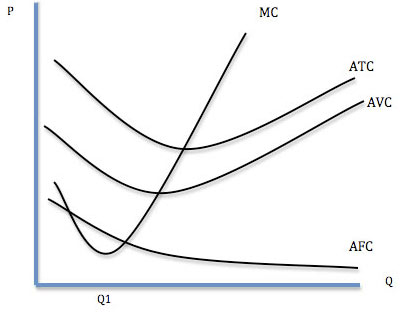Currency convertibility
Currency convertibility means that a particular currency can be easily and readily changed into another currency. Free convertability is a factor of a hard currency. (A hard currency is expected to be stable and retain its value in long term, e.g. Dollar, Japanese Yen) Convertibility is a feature of fully flexible exchange rates. Restrictions on …

